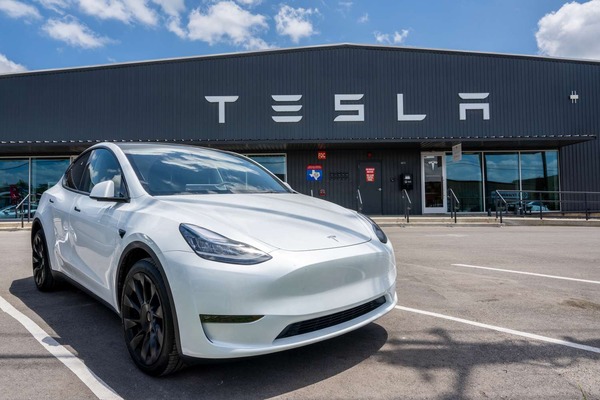The African startup ecosystem has faced a significant downturn in investment inflows, particularly in Nigeria, which has seen a steep decline in startup funding, according to the data from The Big Deal, which meticulously tracks investment deals.
The first quarter of 2024 marked a stark contrast to the funding frenzy of the third quarter of 2021, with African startups securing a mere fifth of the capital they had previously attracted. This contraction in funding has been more severe than the global average, signalling a shift in investor confidence and strategic focus.
The investment landscape for startups often reflects broader economic trends and investor sentiment. In the case of African startups, the recent funding figures are a sobering reminder of the continent’s fragile position in the global financial hierarchy. Despite being home to a burgeoning population and a hotbed of innovation, African startups have struggled to capture the attention and wallets of international investors.
Read also: Thepeer closure sparks concerns among investors
Africa’s startup financing falls while the US and Europe rise
While African startups grapple with a funding shortfall, their counterparts in the US and Europe have witnessed a resurgence in investment, with the US market growing by 33 per cent and Europe by 8 per cent. This divergence indicates a broader trend where investment flows are increasingly concentrated in established markets, leaving emerging economies to fend for themselves.
The narrative of African startups is not mere numbers and percentages; it is a story of resilience and adaptability. Despite the funding drought, local entrepreneurs have not been deterred. They continue to innovate, often with fewer resources and under more challenging conditions than their global peers. The entrepreneurial spirit that pervades the continent is a testament to the potential that lies within.
One of the most telling aspects of the current funding landscape is the role of local investors. As foreign investment has waned, local financiers have stepped up to fill the void. This shift towards indigenous investment is a silver lining, suggesting a growing confidence within the continent’s business community. It also hints at a future where African startups may be less reliant on the whims of global capital and more anchored in regional economic dynamics.
Read also: Nigeria opens startup portal for tech innovators
African Startup Challenges and Opportunities
The funding figures for the first quarter 2024 reveal a complex tapestry of challenges and opportunities. While the drop in investment is concerning, it is not an isolated phenomenon. Regions across the globe, except for Europe, have experienced double-digit decreases in startup funding. Yet, the African market has borne the brunt of this contraction, raising just over half of what it did in the same quarter of the previous year.
The decline in funding is not merely a reflection of investor sentiment; it is also a consequence of macroeconomic headwinds. The continent has been hit hard by economic challenges, including recessions, inflation crises, and downturns, which have exacerbated the decline in funding. Prashant Matta, a partner at Panache Ventures, has highlighted these issues, noting that the economic turmoil has dampened investor enthusiasm for African ventures.
Despite the gloomy funding statistics, there is a sense of cautious optimism. The recent growth in investment in Europe and the US, coupled with an increase in the number of deals on the continent, may herald the early signs of a rebound. The African startup ecosystem is no stranger to boom and bust cycles, and many hope this is merely a trough before the next wave of growth.
The African startup scene is at a crossroads. The funding drought of the first quarter of 2024 has been a wake-up call for the continent’s entrepreneurs and investors. It has underscored the need for a more self-sufficient and resilient startup ecosystem, one that can weather global economic storms and emerge stronger. As the world watches and waits, the African startup story continues to unfold, full of promise and potential, even in the face of adversity.



